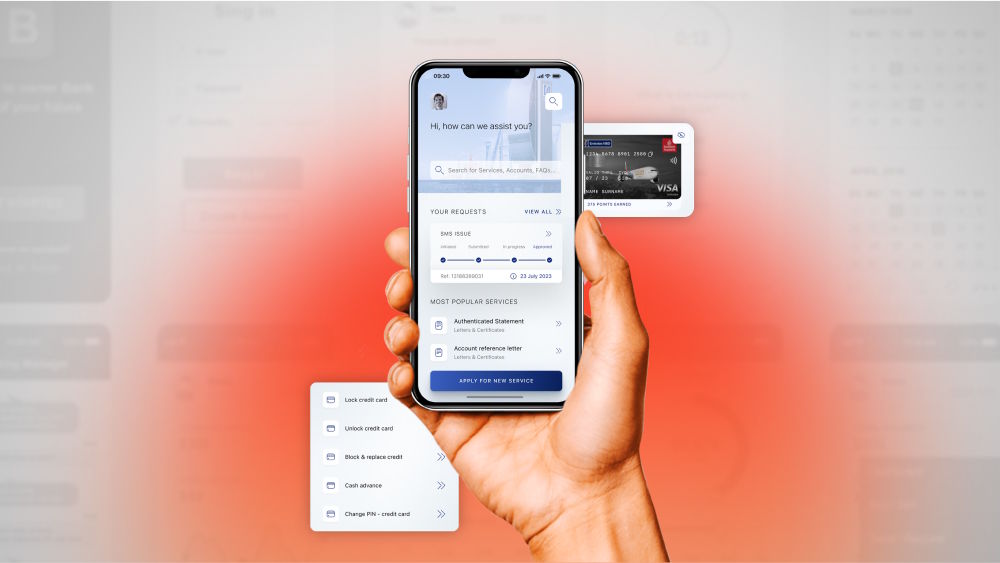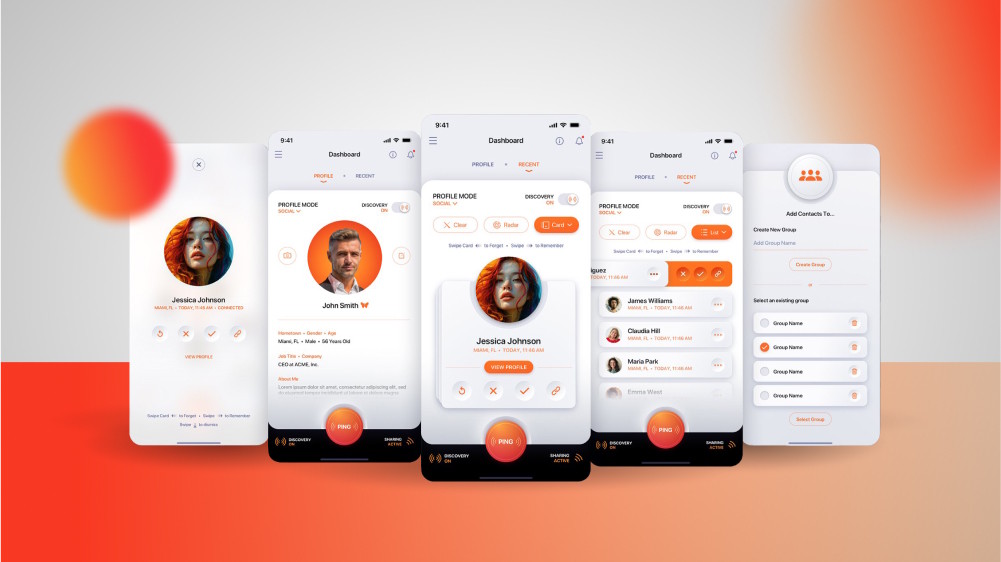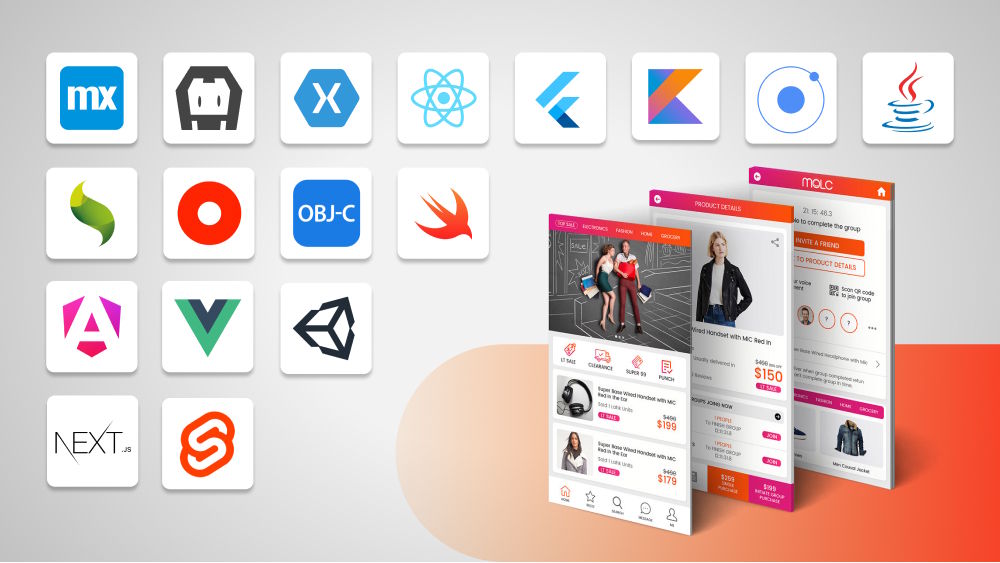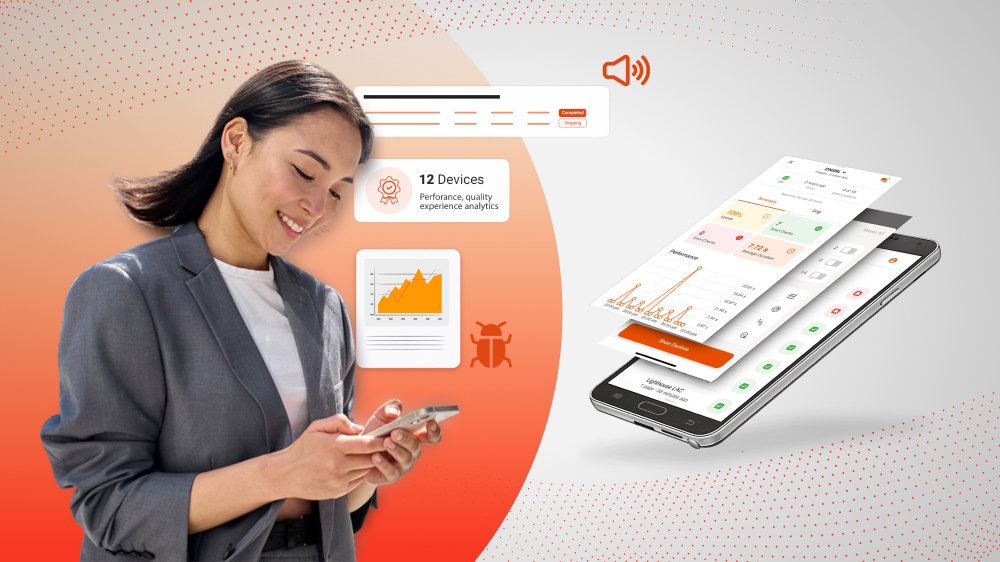
Mastering the Art of Trading Software Development: A How-to Guide
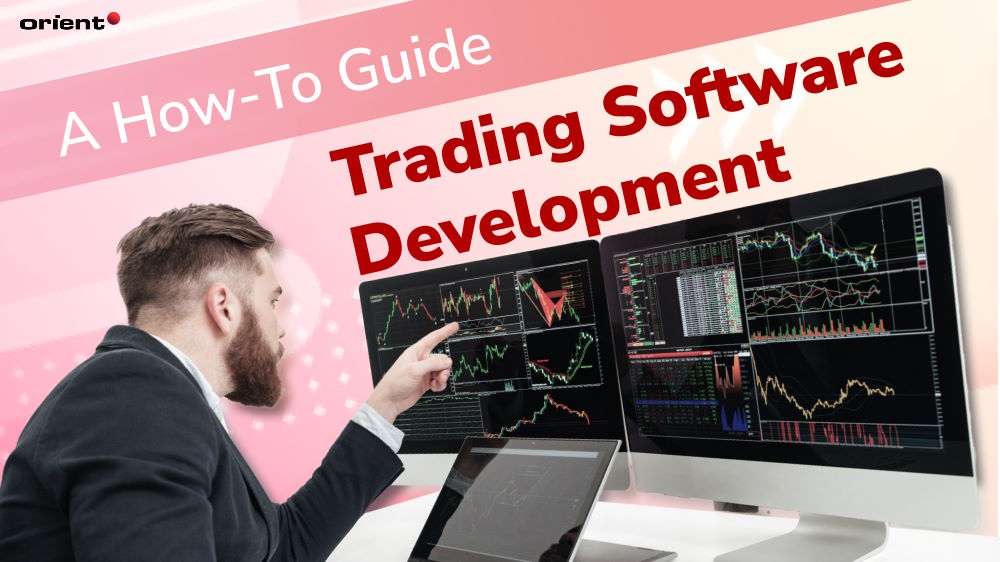
Content Map
More chaptersThe market size growth of the custom software development market is strongly driven by the increasing demands. Its market size is to be worth $29.29 billion globally in 2022. From 2023 to 2030, the number is foreseen to rise at a CAGR (Compound Annual Growth Rate) of 22.4%. Despite the thousands of commercially available software, businesses still prefer solutions tailored to their specific needs. Technology has undoubtedly revolutionized the traditional way of doing business.
Trading is one such sector swept by modern software. No longer a niche reserved for large organizations, investors, and even ordinary individuals have become crucial players in the market. In the age of digital transformation, the success of a market player, no matter how big or small, depends largely on a robust and full-featured trading platform.
Let’s take a closer look at what it takes for trading platform development and how to create one that takes you to the top of the game.
Explaining the Use of Software in Trading

Before we get into the details of developing trading software, we would like to help you first get the lay of the land by discussing how trading platforms are used, how the software makes money, and the types of trading platforms out there.
What Is Trading Software?
It is a computer program that traders use to execute trades in financial markets. The software is used to assist with the monitoring of virtual trading. The trading operations it assists users with are various:
- Real-time quotes.
- Charts.
- Diagrams.
- Market data examination: calculating bid-ask spread, managing deals with brokers, showing “buy or sell” ratio.
- Automation of trading techniques.
- A space to trade and analyze financial items like currencies, stocks, derivatives, and bonds. This can be done with a financial intermediary like a broker, market maker, or stock exchange.
Most trading solutions are available on mobile applications, desktop apps, and web-based platforms.
Types of Trading Platforms
Before setting out to find a trading software development company partner, you first need to decide if you prefer proprietary (prop) trading platforms or commercial trading platforms.
- Prop trading Platforms: Tailored to specific trading styles, prop trading platforms are developed by major brokerage companies. This kind of custom trading platform is designed to resemble the needs and trading style of electronic brokerage models.
- Commercial Trading Platforms: These trading platforms target day traders and retail investors. They are easy to navigate and offer features like news feeds, charts, exchange portals, etc. Binance and Robinhood are commercial platforms.
How the Software Generates Revenue
One of the biggest questions you might have in mind right now is how trading platform software development fills your pockets. There are a few ways to make money.
- Payment for Order Flow (PFOF): Investopedia identifies PFOF as “a form of compensation, usually in terms of fractions of a penny per share, that a brokerage firm receives for directing orders for trade execution to a particular market maker or exchange.” Simply put, you will receive a small amount of money for every transaction that comes in and out of the market. It might seem minor at first, a few cents even, but this is how Robinhood, a popular stock trading platform, made $467 million in the third quarter of 2023.
- Fees and Interests: There are several ways to implement fees and interests in your platform.
- A trading app might allow users to borrow funds or securities at certain interest rates, which can increase the profitability of custom trading platforms.
- The platform might also charge fees for specific transactions.
- Withdrawal fees, management fees, and inactivity fees are a few examples of fees charged on a trading platform.
- Subscriptions: Platforms can utilize the Freemium model to monetize the app. The Freemium model offers users two versions of your application - a free one with basic features and a paid one with advanced features for premium subscribers.
- In-app advertisement: many free applications rely on ads to make money, but keep in mind that they can negatively impact your user’s experience. Whether you choose to use native ads, banner ads, or rewarded video ads, remember to be strategic.
A Trading Platform Benefits and Potential Challenges
Before you are on your way to building your team of trading software developers or plan to build one on your own, it helps to be aware of the benefits and challenges of the development process.
Benefits
- Real-time data and in-depth technical analysis access.
- Making confident and informed decisions.
- Automated trading, leading to better trading outcomes and increased ROI.
- Building custom trading software gives you the power to build efficient risk management tools.
- Testing and simulation capabilities in the software.
Challenges
- The long and complex development process is undoubtedly challenging. This is why we recommend you work with credible trading software development services. Orient Software has a proven track record of providing customers with the best-in-class services and products, no matter how long and complicated the development process.
- Cyber threats are real and can leave devastating consequences. This is why you must implement robust security measures to protect sensitive financial data.
- The trading market is one with strict legal and regulatory frameworks. Trading platform developers need to follow the rules and regulations closely to avoid manipulation and safeguard trader’s interests.
A Trading Software’s Essential Features

Whether you’re looking to develop stock trading software, a currency trading app, an option trading system, or a future trading platform, there are certain key features that you should consider to succeed in an already crowded financial market.
Dashboard with Statistical Information
Strong trading systems have customizable dashboards with various charts, up-to-date market prices, the user’s balance and activity, and advanced data analytics. All this information is to help the user to make smart, data-driven investment decisions.
Newsfeed
Trading software solutions need to have a newsfeed to access valuable market news, forecasts, trends, and other insights at a glance. Paired with an informative newsfeed, it allows users to make quick and confident decisions. Stock exchanges, for example, don’t wait for any investor - keep this in mind during the stock trading software development process.
Authentication
Mobile trading apps require users to provide personal information for KYC (know your customer) regulations. Once verified, users can access their accounts. For optimal security, two-factor authentication is used. This requires users to decide on a password, and one unique code is sent to their registered mobile number/email address.
Filtering Tools
Scrolling through hundreds of stocks or cryptocurrencies causes one to miss out on valuable investment opportunities. Hence, to quickly navigate the sea of potential investment opportunities, a custom filter tool to see the newest growth rates, orders, indexes, etc., is crucial.
Convenient Admin Tools
Custom trading software development should also focus on the admin tools aspect. Again, time and data are of the essence in the trading market, so one click should present customer requests, status, pending or submitted orders, and more.
Real-Time Alerts
Real-time updates are crucial. Users should constantly be able to watch market events, price fluctuations, or technical indications through stock market software development. The app needs to always be available for the newest upgrades or for special security reasons.
High-Level Security
Security still remains one of the biggest obstacles during any software development process, and the trading industry is no exception. Financial data is sensitive data, so have your trading platform development services implement strong security measures like encryption, two-factor authentication, and more.
Portfolio
Users should have a bird-eye view of their portfolio, everything from the stocks or currencies they bought to their current value.
Programmatic Trading
Modern trading platforms provide users with programmatic trading features, which allow users to execute the trade automatically. This eliminates the need for manual order placing. Most trading systems allow users to test the system’s response to specific commands.
Guides and Tips
The more lucrative deals the users make, the more profit you earn. Still, investing and trading can be complex. Detailed trading tips are useful for investors, especially beginners.
Trading Software Development: A Step-By-Step Guide

The process of creating a trading platform involves five key stages: legalities, deep market research, choosing a platform, developing the process, testing and quality assurance, and finally, releasing the app.
Legalities
The financial sector is one with strict rules and regulations. The very first step, therefore, should be to fully comprehend and comply with the standards and laws. For example, if you are based in the US, you need to pay attention to the Securities and Exchange Commission (SEC). It is the General Data Protection Regulation (GDPR) that you need to research in Europe.
Market Research
The fintech market is vast yet also over-saturated. It is a must to conduct thorough market research and estimate your target audience, budget, time, demand, etc., to run a sustainable business endeavor.
Choose Your Platform
The next step is to determine the platform for your software. Is your platform going to have a mobile version? If yes, is it going to be Android, iOS, or both? Cross-platform application development is a popular choice, too, and you can consider programming languages like Native or Flutter for your development frameworks.
Developing Process
It is finally time to kickstart the actual development process. This step involves both front-end and back-end development. For front-end development, your team will be working on UI/ UX, the website interface, and prototyping. For backend development, the team is working to secure a platform and APIs - which includes signing up for third-party APIs for non-essential features.
Having a professional and dedicated team of professionals on board is going to make this step much smoother since the prior planning stages have been carried out thoughtfully.
Testing
Fintech has strict standards, so testing and quality assurance are crucial. At this stage, you need to do performance testing to determine the system’s speed, scalability, and stability.
Deployment And Maintenance
Finally, after testing and bug fixing, the app is ready to be released to stores. This is not the end of the journey. You need to update the app regularly to decrease bugs caused by third-party API updates and also add new features.
Outsourcing Is the Way to Go in 2024

Trading software development can be a daunting journey but a worthy one, nonetheless. So why not facilitate the process with the best resources possible? Give yourself access to seasoned developers who know what they’re doing, cost-effective software development strategies, simplified management practices, and full focus on the core business operations. By partnering with Orient Software, you can have all of these resources at your disposal. Our technical team of experts is dedicated to helping you bring your vision to life. Contact us today to learn more about how we can help you with your trading software development needs.


